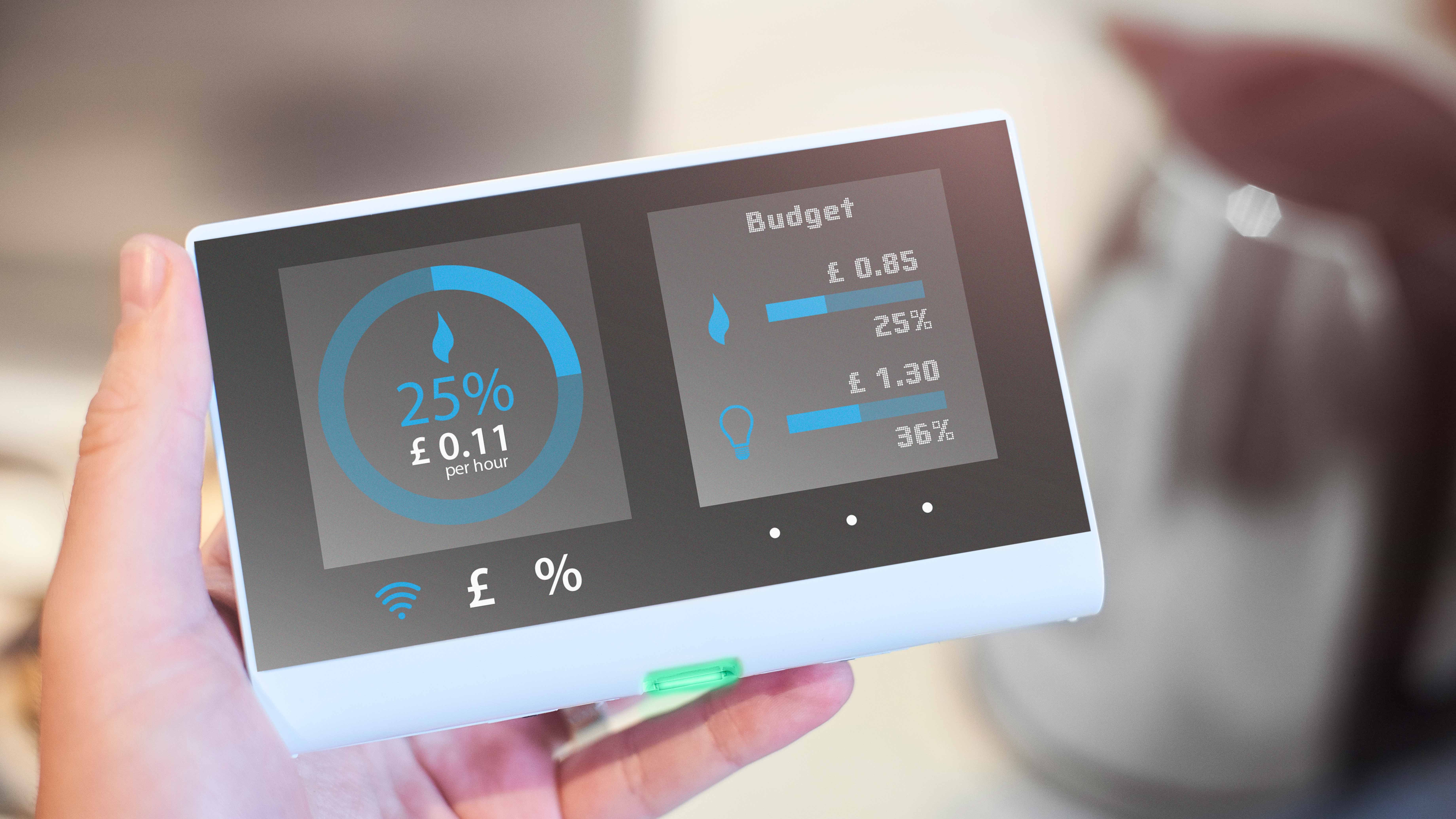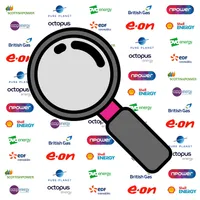Second-gen smart meter installations pass the five million mark

Sign up for breaking news, reviews, opinion, top tech deals, and more.
You are now subscribed
Your newsletter sign-up was successful
The five millionth second-generation smart meter (SMETS2) has been installed onto the UK’s nationwide secure network, according to Data Communications Company (DCC). This significant milestone was passed with the installation of an electricity smart meter by Bulb Energy at a location in Lincoln.
Earlier this year, during the Covid-19 lockdown, the rate of installation slowed across the country, but more than 750,000 smart meters were still installed during the period. Following the end of lockdown, we’ve seen an installation boom, and the rate of installation is now back to where it was pre-lockdown - this time with extra safety measures in place to keep the public safe.
Why get a smart meter?
By getting a second-gen smart meter installed in your home, you can save on your energy bills - and go green in the process. The device will show you how much gas and electricity you use in real-time, helping you make better decisions about how and when you use your energy, when you see how much simple actions like overfilling the kettle and leaving your TV on standby are costing you.
Plus, information on how much energy you’re using is sent directly to your energy supplier, so you don’t have to take meter readings and your bills are always accurate.
If you don’t currently have a smart meter installed and would like one, you should contact your energy supplier. Alternatively, you can run an online energy comparison and switch to a new supplier who will fit one as part of your new tariff.
If you do already have a smart meter installed, then it’s important you know that second-generation meters are fully interoperable. That means they retain full smart functionality even if you switch provider - so if you decide to move to the best energy supplier in your area to bag the best energy deal possible, it's no problem.
- Save money on your energy bills: switch supplier now
The future of the smart meter network
The national secure network that underpins smart meters is delivered and operated by the DCC, which recently published its latest five-year plan. In this plan, the organisation sets out the future of the network, outlining how a centralised and secure data network could be harnessed to provide green infrastructure, including a standardised system to support smart electric vehicle (EV) charging.
Sign up for breaking news, reviews, opinion, top tech deals, and more.
It is hoped that the development of this system will encourage faster EV take-up, and help accelerate the phasing out of new petrol and diesel vehicles from British roads ahead of the Government’s 2035 deadline.
Due to the fact that mass EV adoption will drive increased demand for electricity (likely clustered at the same time of day), co-ordinating demand-response and delivering real-time price data requires a single national communications infrastructure. The DCC’s network could provide this and enable scheduled charging, which would smooth the demand peak and make the most of renewable energy sources.
Find the best energy deals in your area
Our energy price comparison tool will find all the best tariffs in your area, in minutes. We'll show you how much each would cost every year, and how much you could save by switching. Start saving now

Tom is a freelance copywriter and content marketer with over a decade of experience. Originally from an agency background, he is proud to have worked on campaigns for a number of energy providers, comparison sites and consumer brands.
